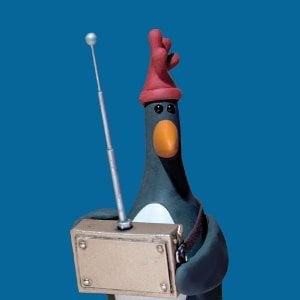Hiya!
This is probably more simple than what I’m making into, but I want to be sure, so here we go:
Currently in the market for a good HDMI cable, however, I am curious as to what I need to know (as I know nothing about these cables) before buying one. So my use case for this scenario is a 3M long HDMI cable that will connect my desktop(Nobara or Bazzite) to my TV (that has Nvidia Shield). This is for easy access to couch gaming. My desktop has a RX 6700 XT card, but unsure about the specifications of the TV other than it being a 70inch one (can try to find this if its relevant), but I am not looking to stream 4k. So let me know what kinda specs/details i need to look for in a HDMI cable for this :)))
PS. I tried setting up Sunlight + Moonlight, but honestly seemed like a bit too much configuration for my liking, but might give it a go again later on. I’ve also only got access to medium-speed Wifi atm, so this isn’t optional.


I mean, not in OP’s particular application, but in industrial applications you don’t want to pick the cheapest:
-How does the cable fare against EMI? -What is the maximum possible length? There is even an optical HDMI cable to help with this -Will the cable need to be resistant to rubbing?
Etc, etc
Yep. In industrial settings, including distribution and sortation facilities for all the packages that reach your door, a broken wire can mean downtime and a bunch of lost money every minute.
The engineers not only specify the exact quality of wire/cable that must be used, but often put that inside rigid steel conduit and limit where it can be run, all to protect the wire. And that’s before you get into redundant routes for the really important stuff, which could even use a different type of cable like fiber.